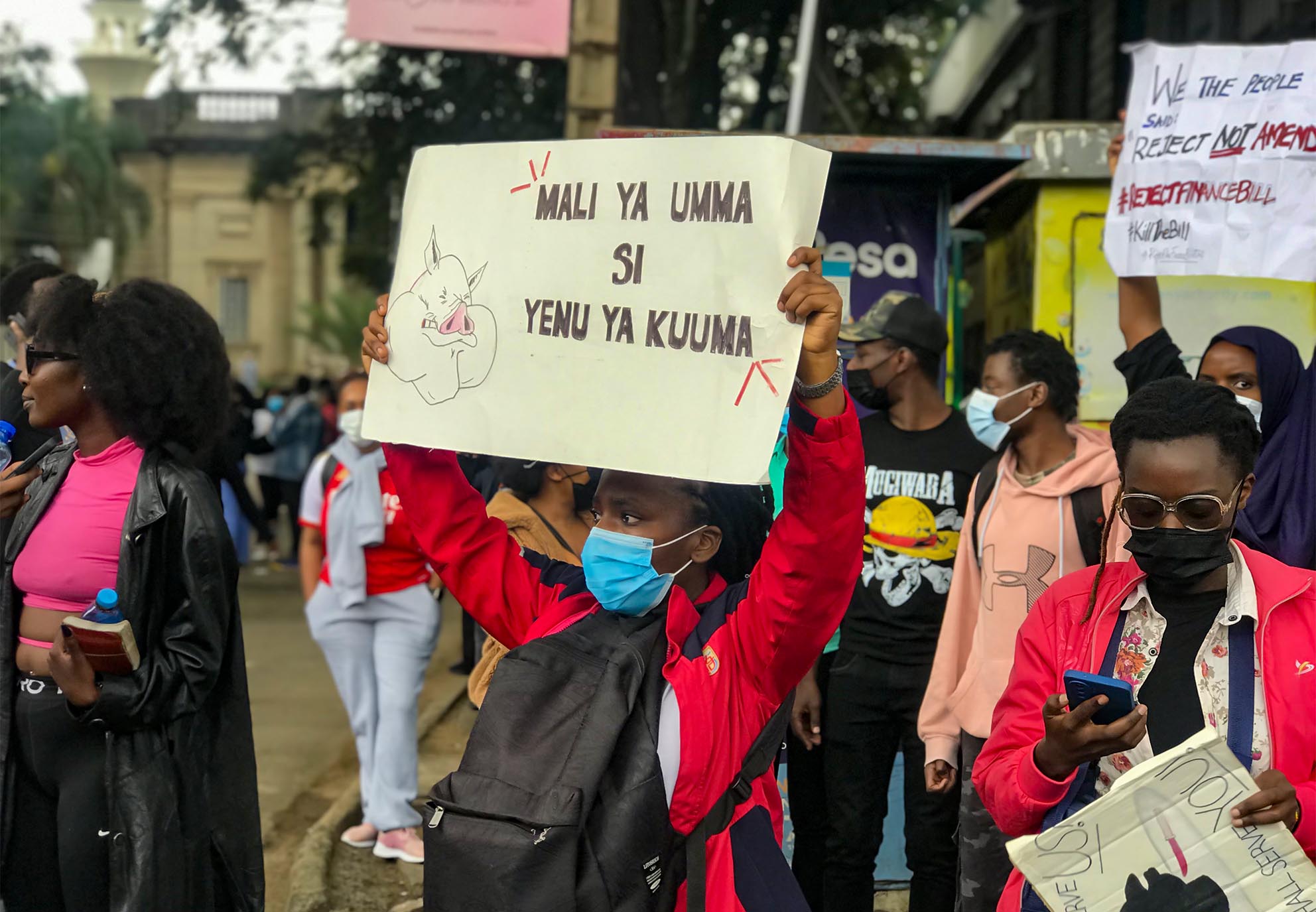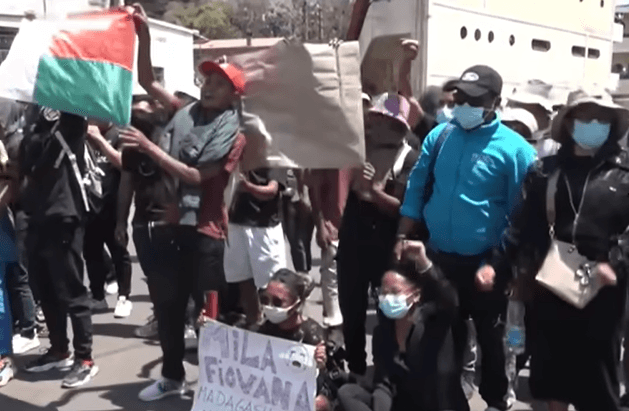

Youth-led civic engagement is surging in more African countries. In September, Madagascar witnessed its largest protests in 15 years, lasting three weeks with young citizenry, mobilised through social media, marching on the streets over water and electricity shortages.
This prompted President Andry Rajoelina to dissolve his Cabinet on October 7. However, demonstrators continued to fill the streets of Antananarivo, demanding his resignation.
In Morocco, another leaderless campaign has swelled under the hashtag #GenZ212 since late September. The movement began on Discord after the deaths of eight women following caesarean surgeries in Agadir, which highlighted failures in healthcare.
This sparked an outrage targeted at the government’s plan to build World Cup 2030 stadiums while millions of citizenry struggle with unemployment and poor services.
Protesters describe their cause as apolitical, with mounting calls for the government to fix health, education and corruption.
The country’s Prime Minister, Aziz Akhannouch, has said he is “open to dialogue” as youth across cities gather daily.
Analysts say these movements represent a shift from electoral democracy, which had to wait until a presidential term expires, to a participatory democracy, which does not depend on any datelines.
“Africa’s median age is 19, but most leaders are over 60, a gulf that has left millions of young people disillusioned with traditional politics,” political analyst John Obongi told bird on the phone.
“The young generation wants to act now and change the wrongs in the moment.”
The World Bank has linked the surge in Gen Z-led protests to soaring youth unemployment.
This is captured in its biannual economic update for the region, Africa’s Pulse.
It notes that sub-Saharan Africa’s working-age population is projected to expand by more than 600 million over the next 25 years, the world’s largest and fastest demographic shift.
“The challenge will be matching this growing population with better jobs, given that only 24 per cent of new workers today land wage-paying jobs,” World Bank chief economist for Africa Andrew Dabalen said.
SITUATION IN KENYA
In Kenya, where Gen Zs once hit the streets to reject punitive taxes, they are now rallying millions on TikTok to crowdfund for infrastructure developments, the latest being a hospital that would be named after the digital community.
The new campaign trending on Kenya's TikTok has been urging users to crowdfund for a national hospital.
What started as an online joke quickly snowballed into a movement. Young Kenyans began sharing AI-generated designs of the proposed TikTok Community Hospital, which they valued at Sh1.5-billion.
The facility would provide free specialised care, funded entirely by small donations from the app’s users. The idea, while still conceptual, comes at a time when Kenya’s health system is crippled by doctor strikes, drug shortages and bureaucracy, pushing for a call to 10 million TikTok users to “do what the government can’t”.
Popular preacher Bishop Ben Kiengei, who styles himself as the ‘Gen Z Bishop’ and leads a ’compassionate gospel ministry’ has become an unlikely ally of the online generation.
During a recent Sunday service at his church, Jesus Christ Compassion Ministry attended by dozens of young TikTokers, Bishop Kiengei announced that he would donate a new ambulance to support the TikTok Community Hospital.
“That ambulance is the first asset for the hospital you are planning to put up,” he told a cheerful Gen Z congregation.
In Nigeria, hundreds of activists returned to the streets of Lagos this August to mark the anniversary of the #EndBadGovernance movement, demanding relief from inflation, corruption and IMF-backed austerity.













